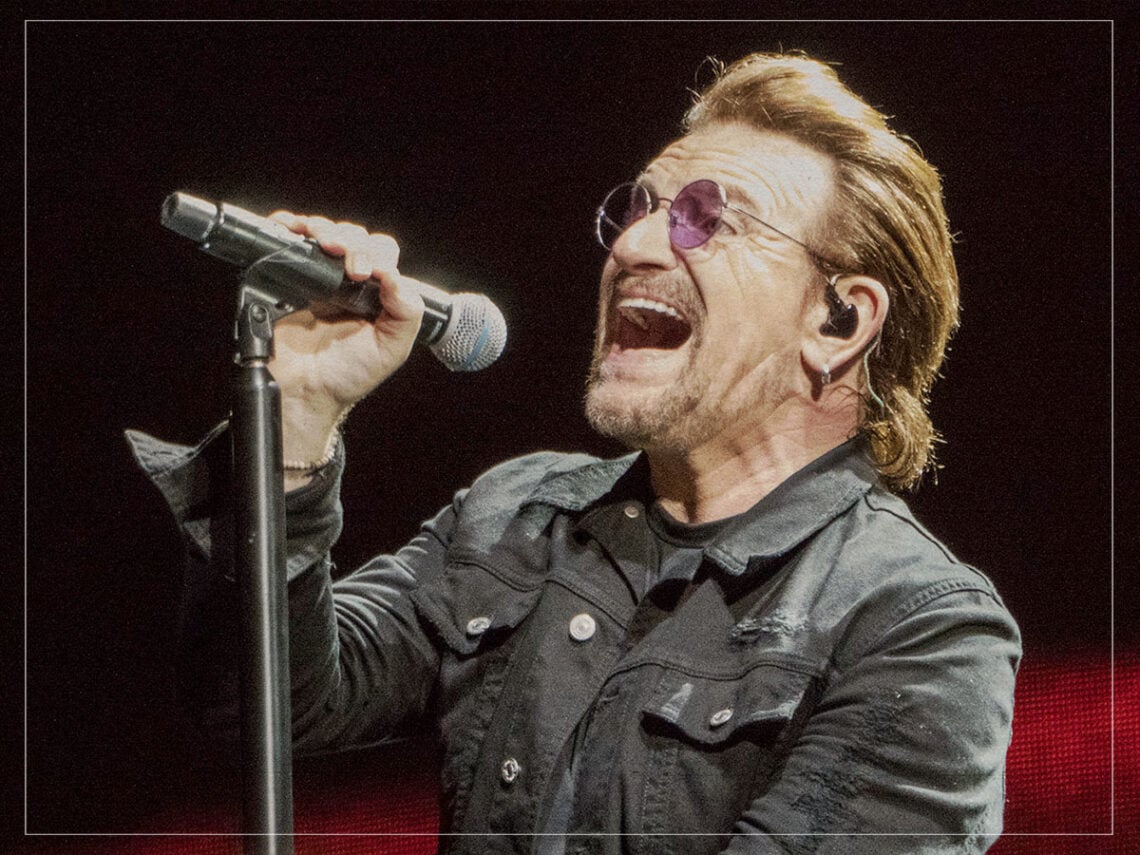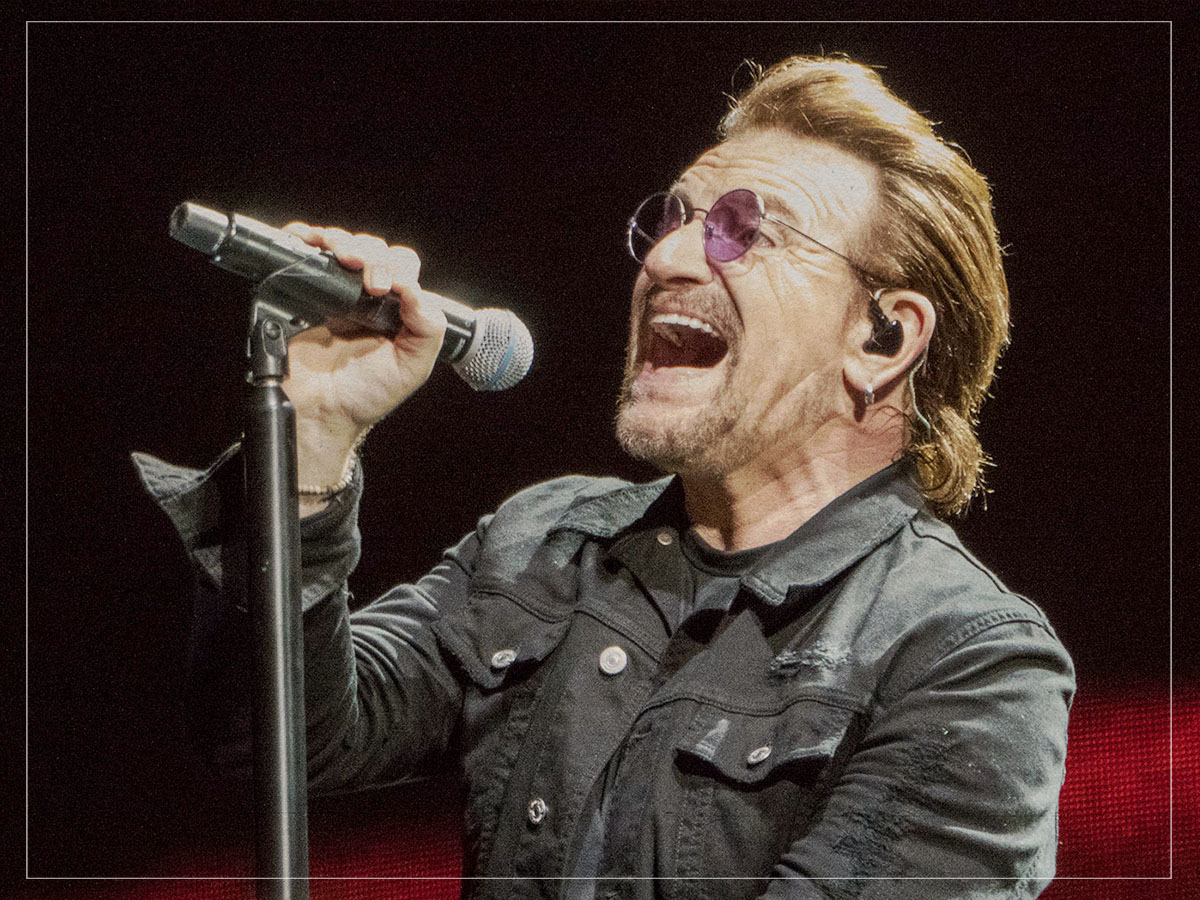
(Credits: Far Out / Daniel Hazard)
Sat 16 August 2025 0:00, UK
If there’s one thing U2 became known for, it’s struggling to meet their own expectations.
This probably stems from their shared viewpoint that nothing is ever really finished, because that point doesn’t even exist. It’s like that old expression that art isn’t ever done, it’s just due. And, in U2’s world, this is the mantra that simultaneously liberates them and makes them feel boxed in, as, ultimately, it’s all about when to let go and when to shuffle just a little more to the edge to get even closer to perfection.
While you’d think that this decision to relinquish control and let go would generate some of the more productive or collaborative working environments, it’s quite the opposite. Even Bono once admitted that it’s a blessing and a curse, often leading to fights and fallouts over the integrity of the band in a vicious, ironic cycle. Whenever they call it a day, it’s because they need a hard reset.
“We had to shoot U2 in the head before anyone else did,” Bono once said.
As an outsider, though, this seemingly impossible level of authenticity is often met with two alternative versions of U2: the respected purveyors of rock that earned their keep with masterpieces like The Joshua Tree, and the iTunes monsters that offended every targeted music lover with the purest, most intrusive form of technological marketing. But what about the point where all that comes together, the ambiguous bit in the middle where experimentalism and perfectionism get in the way of real, U2-level art?
Unsurprisingly, this was the case with the divisive No Line on the Horizon. At the time, they’d set out to make their most honest, most U2 album yet, collaborating in a way that felt like they were reaching beyond the limits of their own capability for something that felt unmistakably them. But without the right amount of time or space to make it work, as well as the unwritten agreement that this wouldn’t be their usual bag, the record fell flat, and they knew it, too.
“It was conceived as a more fun, off-the-cuff type of work, but we realised towards the end that that doesn’t exist for us,” The Edge told The Guardian in 2014, adding, “There’s no small album from us”. An interesting reflection made even more interesting by the fact that he also said, elsewhere, that No Line on the Horizon was probably set up to fail from the get-go, namely with the way they promoted it in the moments leading up to release.
“I think we probably should have said it’s an experimental work,” he said, “That’s what it is”.
In 2009, Bono said it was their attempt at the pop sensibilities on the album that didn’t work in their favour, saying they didn’t “pull them off”, while Larry Mullen Jr cut straight to the chase, saying that the whole experience and the aftermath “was pretty fucking miserable”. He added, rather bleakly, “It turns out that we’re not as good as we thought we were and things got in the way.”
The weirdest thing about the entire project was that it’s hard to pinpoint where it all went wrong and why. Maybe they’d lost their spark. At least, that’s what producer Steve Lillywhite said in so many words, arguing that their “spirit” didn’t come across in the music, not like it did before. Or maybe it was what Brian Eno said—they spent too long trying to get things right, going against their core principle that good art isn’t immune to being butchered when the pretence of perfectionism creeps in.
Perhaps, in the end, that’s where they faltered the most, chasing something that hadn’t even existed in the first place. Or worse, chasing something they knew they could attain, but trying to establish a process that wouldn’t work in the long run, or one that would surely prevent them from reaching the standard they’d reached before, but without all the inexplicable qualities that made it work back then. That allure that either existed or it didn’t, and this time, it didn’t.
Related Topics
